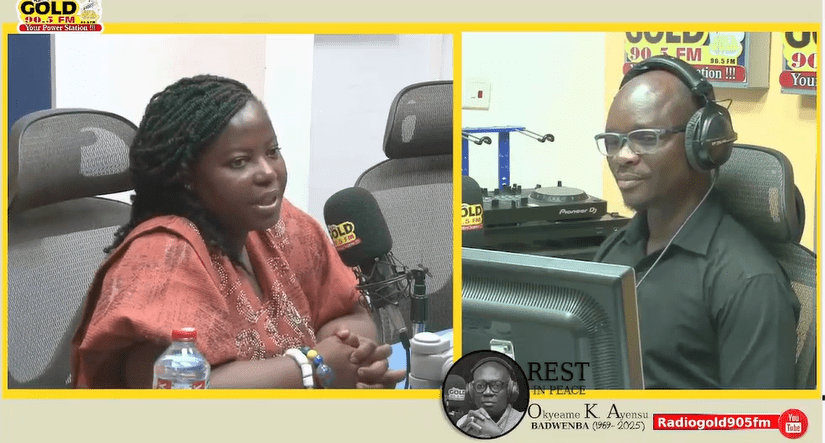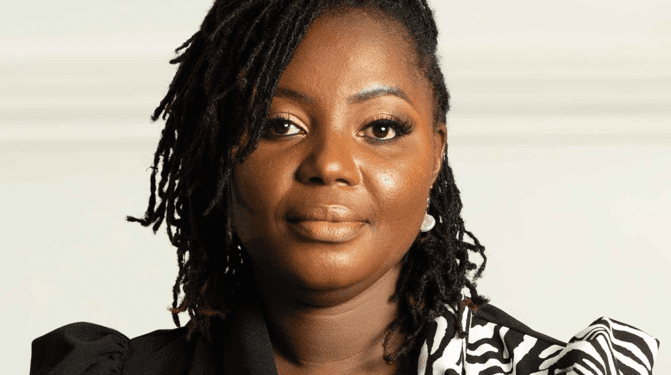The Director of Communications at the Ministry of Lands and Natural Resources, Mawusi Ama Mawuenyefia, has expressed grave concern over the persistent defiance of illegal miners, describing the environmental destruction caused by their actions as a full-blown crisis.
Speaking on Gold Morning Conversation with Sena Numbo on Radio Gold, she indicated that while government remains committed to its duties, illegal mining has pushed the country into a perilous state.

“We are in a crisis situation, and we accept that we’re in a crisis situation, but we didn’t just get up and get here… it’s not a one-day thing. It took us time to be here,” she stated.
Mawuenyefia noted that galamsey is not a new phenomenon, but its impact has intensified significantly in recent years. While acknowledging that gold is a valuable resource and mining is an established economic activity, she emphasized the importance of responsible practices.
“Mining has basically been with us since we knew that we had gold… But over the last eight years, we basically got sunk into a hole that has put us where we are today,” she said.
She lamented the widespread devastation of water bodies, forest reserves, and biodiversity-rich zones,areas that have been demarcated specifically to be protected from commercial activity.
“Those are the areas that people have decided they want to go and mine,” she said, visibly frustrated, adding that: “For me, I don’t see the sense in this.”
Despite state interventions, the Ministry continues to face stiff resistance from some illegal miners who are unwilling to consider safer, legal alternatives.
“People are being simply recalcitrant… They’re not even ready to listen to the alternatives that we have on the table, So day in, day out, you need to keep up, revise your strategy, evolve, and be two steps ahead,” she noted.
Mawuenyefia underscored the far-reaching implications of the pollution, particularly of Ghana’s water sources. She questioned the moral justification behind such actions.
“Because of the gold that I want or the money that I want, everybody else should die?If you pollute the water today and we don’t have water, what do we do?” she asked.
The Ministry’s spokesperson painted a bleak picture of the long-term consequences of illegal mining, including deforestation, soil erosion, water pollution, and the destruction of livelihoods.
“You cut down trees, you don’t replant. You’re creating holes in the ground, you’re not covering them up. You’re polluting the water that everybody else is drinking… You’re putting mercury, you’re putting cyanide in the water,” she lamented.
Reiterating her position, she said that while mining is not being banned, it must be done responsibly. The Ministry, she affirmed, will continue to fight for the environment and the collective survival of Ghanaians.











